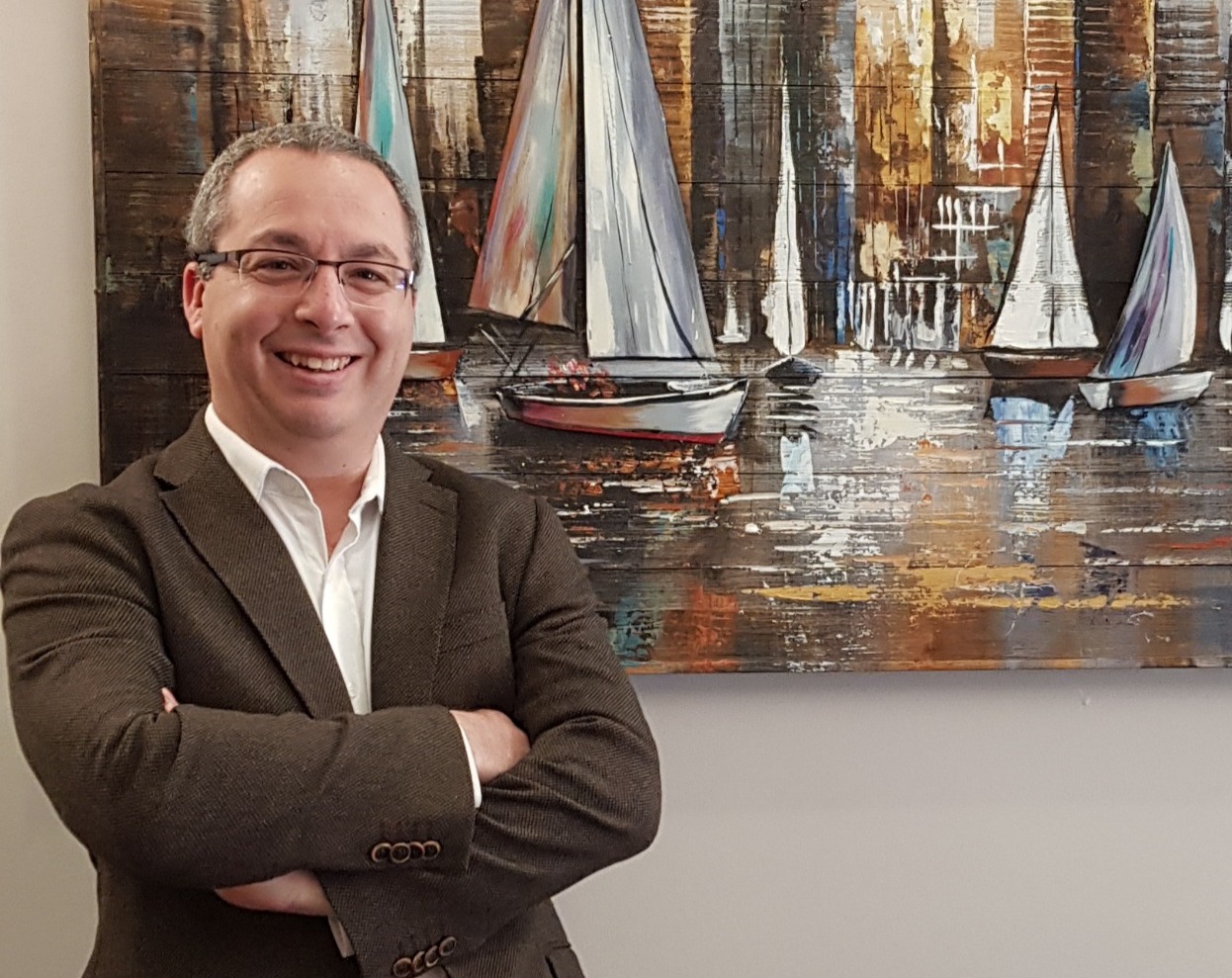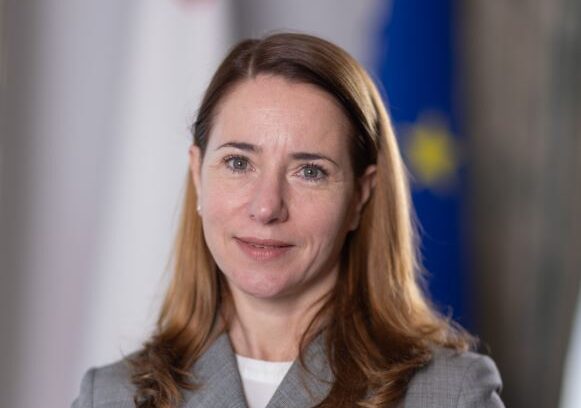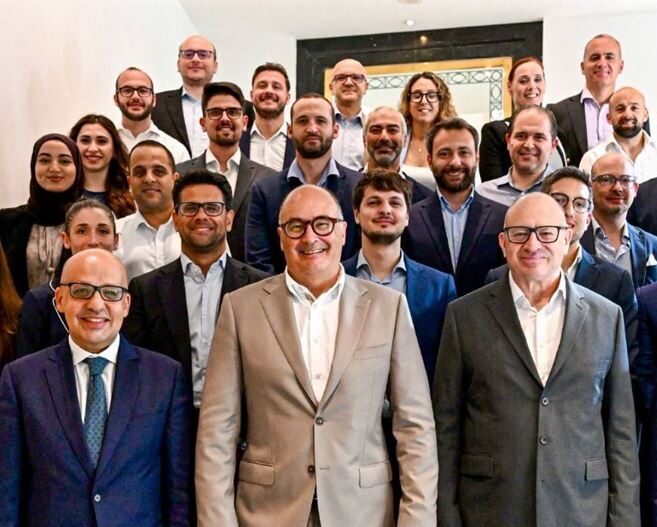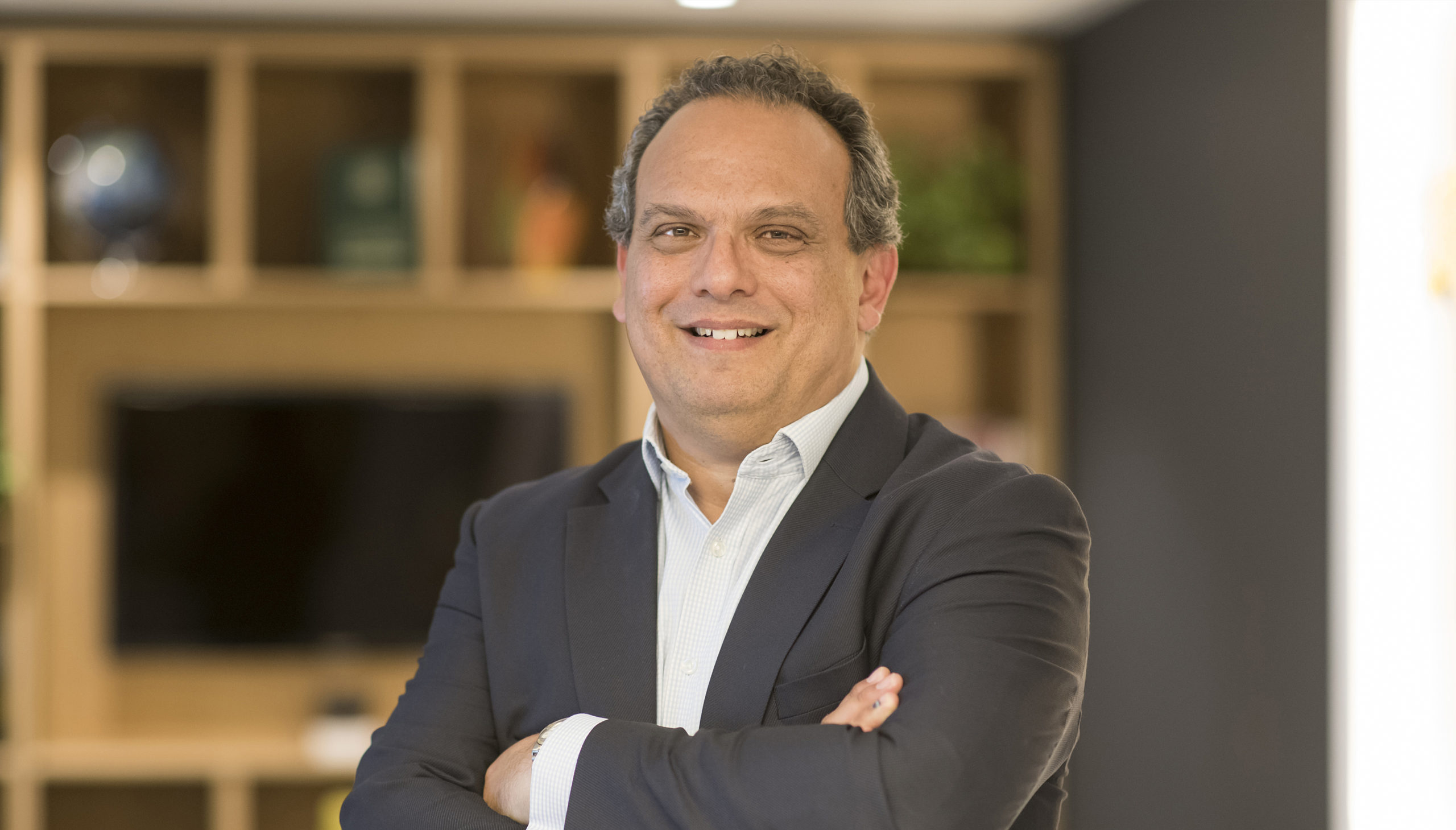As businesses in Malta and beyond negotiate their return to the office following a lengthy period of remote working as a result of COVID-19, much has been said about what the future of work should look like.
Business leaders and CEOs are faced with the difficult decision of what measures to retain, and to what extent, so as to capitalise on the lessons learned and factor in the dramatic mindset shift that the pandemic has brought about in their employees.
Weighing in on the debate, Joshua Zammit, Founder of boutique management consultancy Novargo, believes that the way forward need not be that is solely based on working at the office or at home, affirming that “neither one nor the other should be the way forward.”
Calling for a “humancentric” hybrid model, Mr Zammit draws on an article by Lynda Gratton of the London Business School featured on Harvard Business Review. “Two elements which we can use to think about designing flexible work arrangements are place and time which can be plotted on a 2×2 matrix,” he says, sharing a diagram highlighting different working arrangements.
He goes on to urge business leaders to answer a number of questions which are intended to help design a hybrid model that will work for their business. Unsure how to begin understanding what the future of work looks like for your company? The questions in his post, replicated above, can serve as a good starting point.
Alison Micallef appointed CEO at Malta Development Bank
She steps into the new role effective immediately.
Impact beyond profit: CSR in Malta is a must in 2025
Nowadays, corporate social responsibility can no longer take a backseat in your business's vision.
Malta’s private equity sector urged to seize opportunities at high-level CEO seminar
Panellists highlighted Malta’s potential as a destination for private capital, citing its English-speaking workforce, regulatory accessibility, and strategic location.
Ronald Attard takes on expanded role as Managing Partner for Risk Management at EY Europe Central
He has built experience in management accounting, corporate finance, and mergers and acquisitions.









